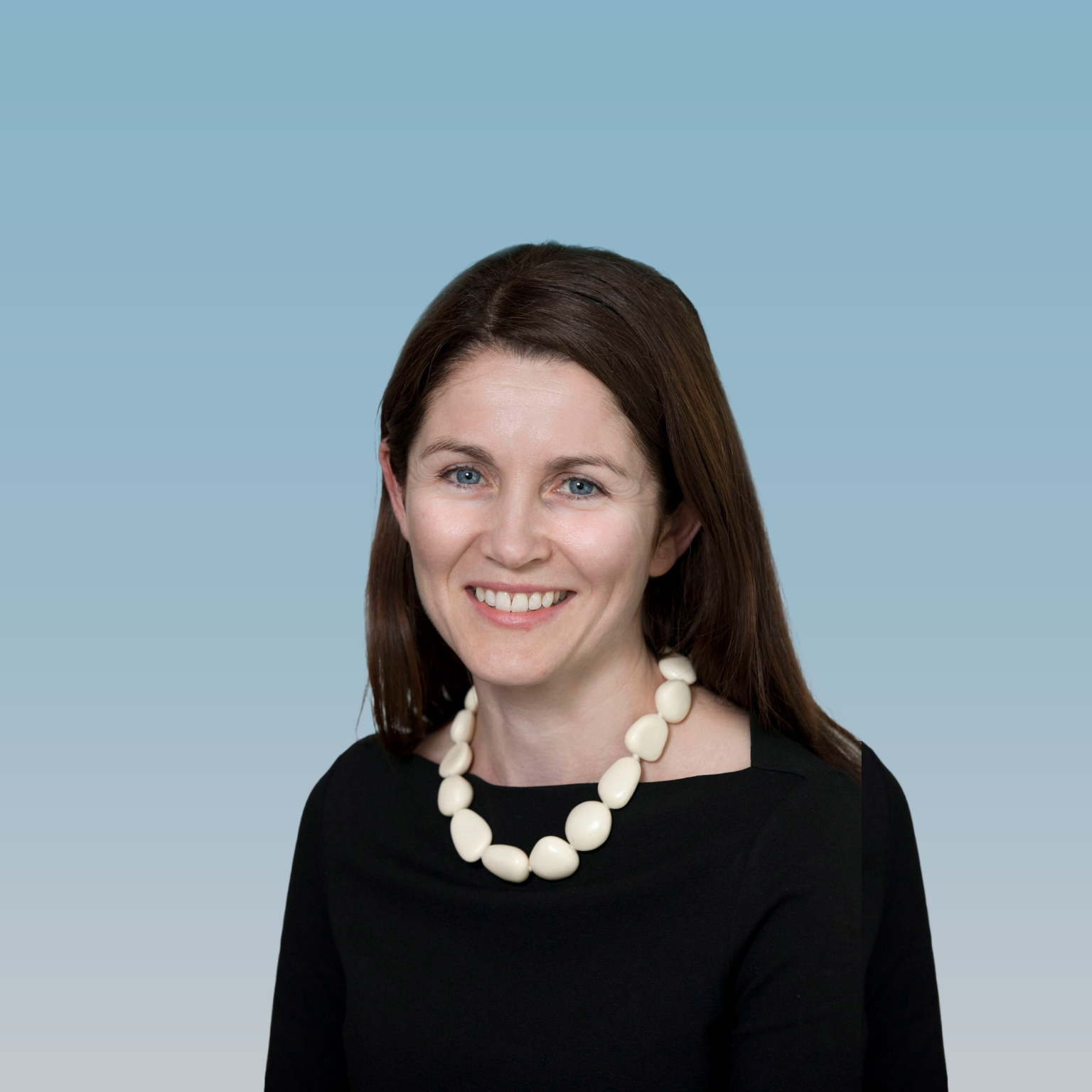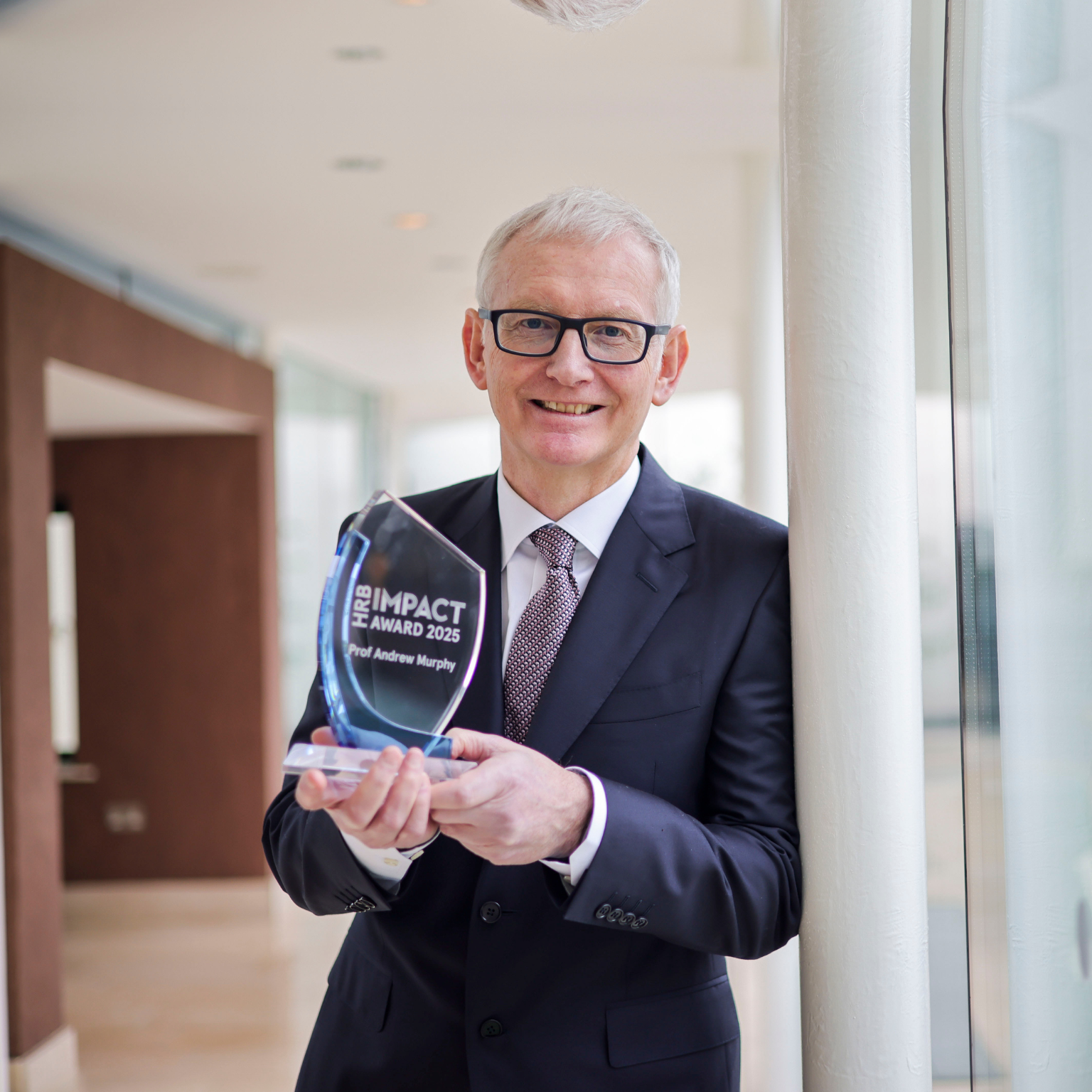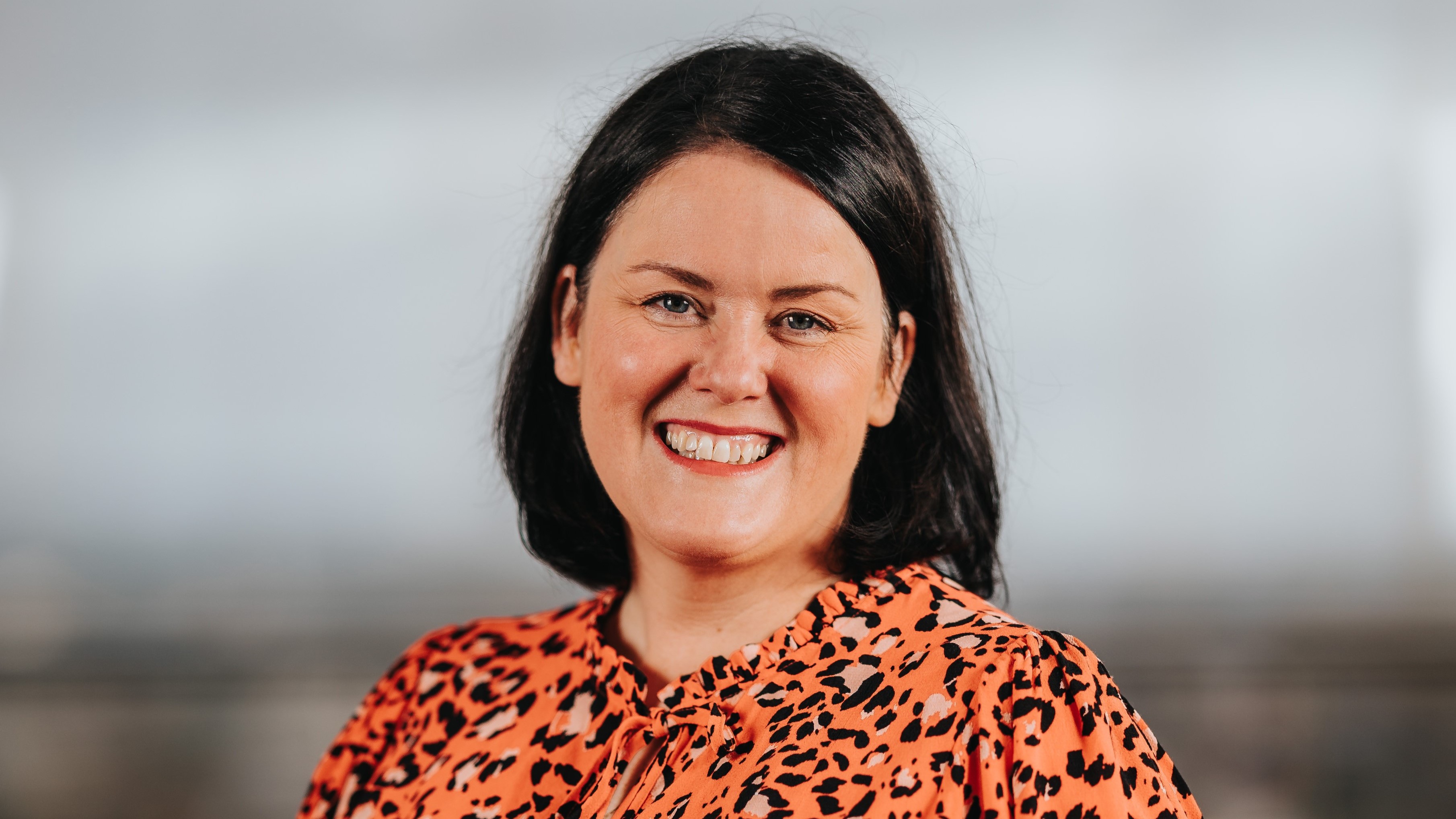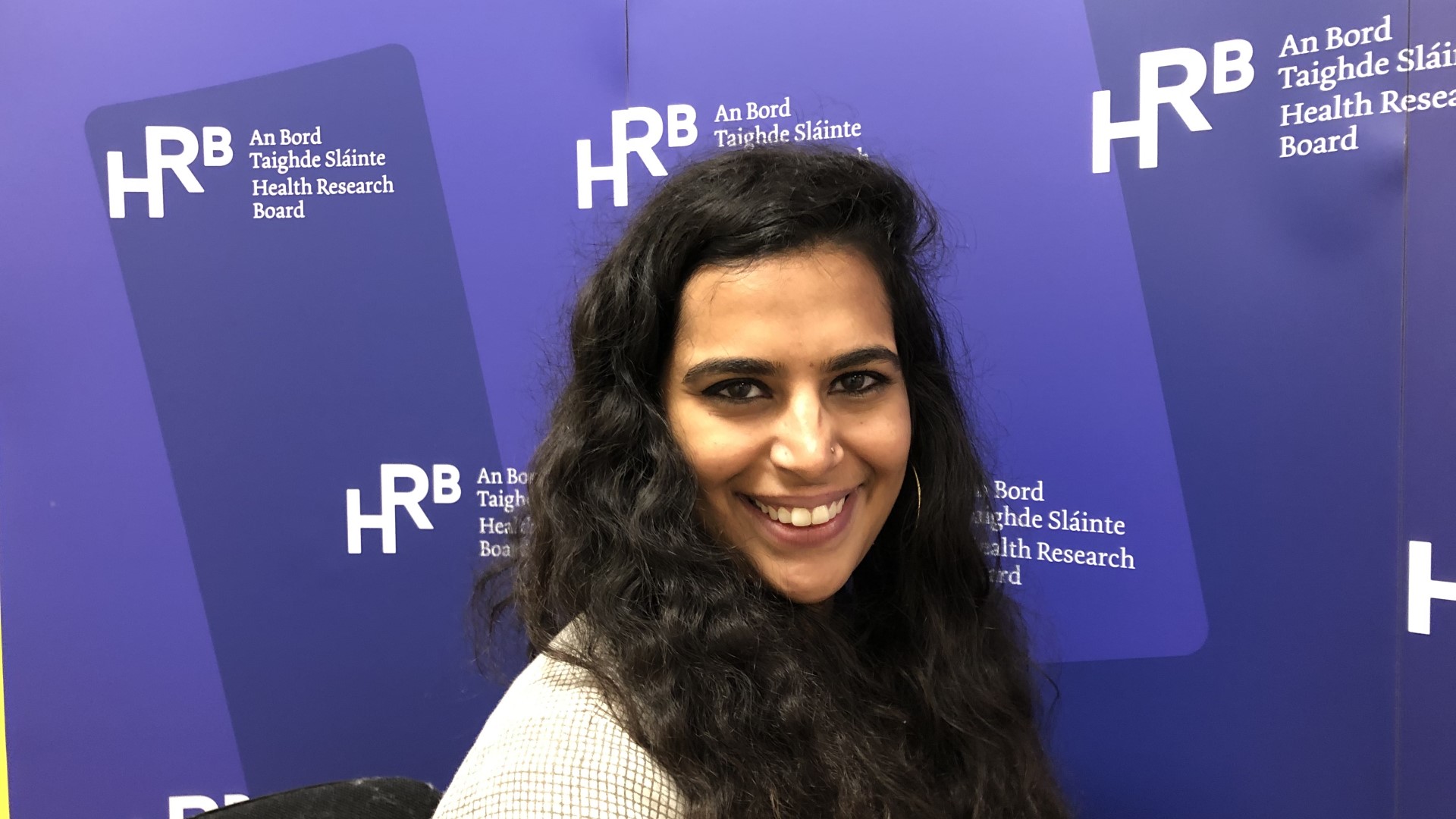HPV and cancer screening: taking the economic perspective
5 min read - 28 Feb 2017
Suppose health researchers came up with the best medicine or intervention in the world. Large studies proved its worth to human health and everyone involved looked forward to its beneficial impact on humanity.
But now suppose that the intervention cost so much to put in place that national health systems could not afford it. Or the intervention was just too invasive for most people to consider for the potential benefit. Or it was so time-consuming that there simply were not enough trained healthcare professionals to put your intervention into practice.
The complexities of bringing the fruits of health research into the wider world weigh on the mind of health economist Dr James O’Mahony, research fellow at the Centre for Health Policy and Management, School of Medicine, Trinity College Dublin.
‘To study health economics we gather information from the academic literature and from clinical studies, and we take into account aspects such as the finite resources that are available to deliver the intervention’, explains James. ‘For example, we have to consider what other interventions might have to get squeezed out if a new intervention comes in’.
CERVIVA
James currently works mainly with CERVIVA, a large, HRB-funded consortium that studies cancers associated with Human Papillomavirus, or HPV.
We now know that being infected with particular strains of HPV increases the risk of developing cancers of the cervix, head and neck.
James and colleagues in CERVIVA are examining how detecting HPV in patient samples could improve cancer diagnosis, and how vaccinating against HPV to help prevent the cancers in the first place could shape Ireland’s national screening programme.
‘Detecting and preventing HPV infection could change the way we screen for cervical cancer in Ireland, but we need to use those in the most effective way’, says James.
‘We are looking at how to do that. It might be most useful not to screen everyone for HPV, but to go looking for it if the initial sample does not give clear results. Also if women have been vaccinated against HPV, then they would most likely need fewer screens during their lives for associated cancers, so that would need to be taken into account’.
Mix of disciplines
The son of two doctors, James was born in Ireland and grew up in London and South Wales before coming back to Ireland to study economics and philosophy at Trinity College Dublin. ‘I learned a lot from philosophy, but my personality probably wasn’t best suited to it’, he recalls. ‘Though I did really enjoy analytical philosophy as I have a very literal outlook, as a lot of scientists do’.
At CERVIVA James enjoys working with people who have different academic backgrounds.
‘Out team is a community of different researchers with skills and understanding of topics that I don’t have, but working with them allows me to do things I couldn’t do by myself’, he says. ‘And we have great collaborative engagement between the various institutions involved – HIQA, CervicalCheck, the National Cancer Registry – everyone has a positive attitude and researchers want to work together in this consortium’.
Tackling complexity
On a day-to-day basis, James devotes much of his time to modeling the numerous variables and outcomes associated with cancer screening and HPV.
‘There is huge complexity – for example people can present with different grades of cancer, they are affected in different ways – and there are so many important technical and policy issues to factor in’, he says. ‘There is so much to do to model and understand it, I sometimes wish I could multiply myself, to have a team of 5 of me that I oversee’.
But it is those interesting questions and issues that keep James going with the research, and the knowledge that it could have a very real impact on cancer screening in the future.
‘Before I began in the field of health, I used to work in the financial sector, and I can feel a bigger sense of purpose in the work I am doing now’, he says. ‘I also find the work inherently very interesting on lots of levels, right down to the different methods we can use to model the economics’.
Wider impact
To help answer those questions about how best to screen for HPV-related cancers, we need more studies and data – and faster computers would help too, according to James.
And ultimately James believes that the work CERVIVA and others do on HPV-related cancer screening programmes will enrich programmes for other types of cancer as well. ‘I have a small involvement in some research on how best to do colorectal cancer screening in Ireland and there are some very interesting questions emerging regarding the potential for lung cancer screening’, he says. ‘We can broaden out the lessons we learn about health economics to other areas too’.
5 min read - 28 Feb 2017



